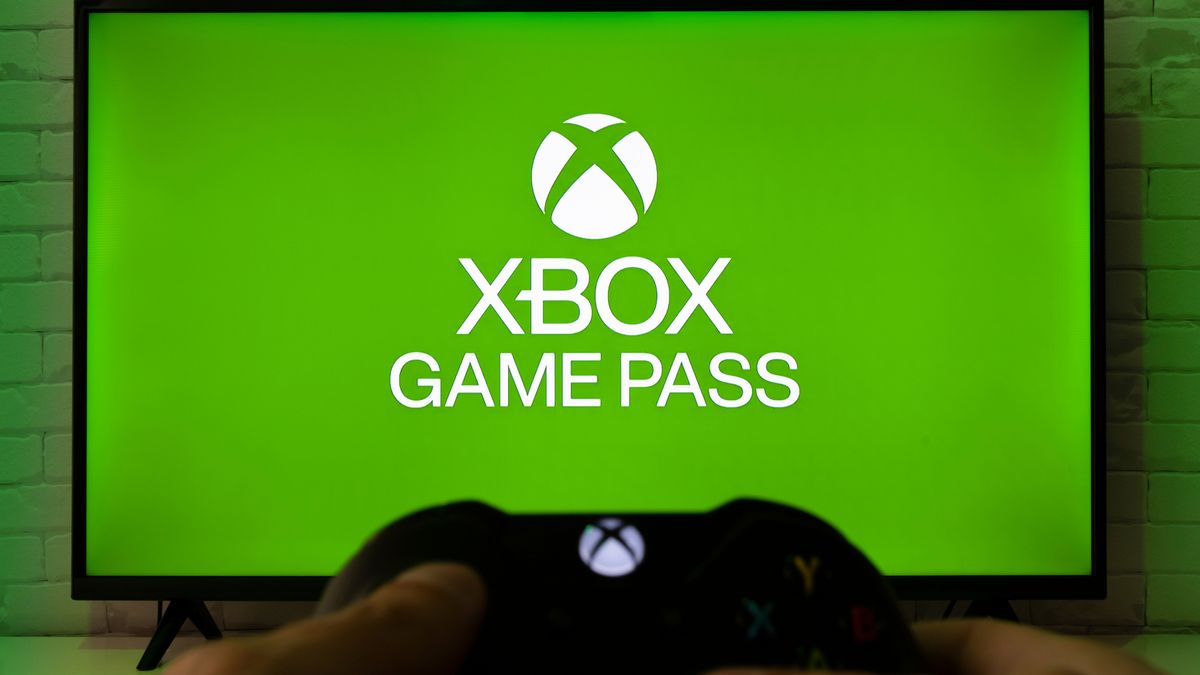Products You May Like
Xbox Game Pass is the best deal in gaming. You’ve probably heard that statement ad nauseam by now but it’s honestly worth repeating. No other service offers anything close to the sheer value that Microsoft’s gaming extravaganza provides, and its success is fundamentally why Sony is reportedly preparing its own answer to Game Pass.
Yet some corners of the gaming community still aren’t convinced. The most common criticism that’s leveled at Microsoft’s service – which has amassed over 25 million subscribers – is that it’s “bad for developers”. After all, if you’re paying a monthly subscription fee to play a rotating selection of the hottest games available, why would you ever need to spend another penny again?
It’s this type of rhetoric that many believe results in Xbox Game Pass being a hindrance to developers, rather than a means to help them make money and build audiences. But that’s categorically untrue. It turns out that Game Pass is good for developers and good for gamers as a whole.
Here comes the money

During a GDC 2022 presentation called Game Pass: Maximising Your Game’s Total Value, Microsoft revealed that Xbox Game Pass subscribers spend 60% more on games, 45% more on add-ons, and 45% more on consumables than those who don’t subscribe. Subscribers also tend to play 40% more games than non-subscribers, often discovering new genres that they previously may have overlooked.
This, as you might expect, results in gamers either purchasing games that aren’t on Xbox Game Pass already or picking up titles that they’re currently enjoying at a discounted price. Every title on Microsoft’s service comes with a 20% discount and DLC is also discounted by 10% – it means you can own every title on Xbox Game Pass if you really desire, albeit digitally.
But what about day one launches? Surely, apart from the fee that Microsoft secretly agrees with a publisher to bring a title to Xbox Game Pass, there can’t be that many benefits for developers? Well, it turns out that games that launch day one on Game Pass see a 3.5x lift in players, while games from independent developers enjoy an increase of 15x.

Xbox Game Pass has proven to be a boon for indie developers especially. Just one look at the full Game Pass library shows a litany of independently developed games, and it’s helped shine a spotlight on a good number of modern hits like Outer Wilds, Paradise Killer, and more recently Tunic. This has led to a triple-digit increase in revenue for independent developers, according to Microsoft.

We’ve also seen this effect happen in titles such as Forza Horizon 5, which hit over 10 million players in the space of a week. We saw one million gamers pick up the game before it was even released, despite the fact it was coming to Xbox Game Pass. Clearly, money is being made.
Undeniable value

So is the skepticism surrounding Xbox Game Pass completely unwarranted? No, not really, partly because Game Pass is the antithesis of what gamers are used to. The video games industry has a nasty habit of making money off players at every opportunity, be it through microtransactions, season passes, or soon, NFTs. The aversion to Xbox Game Pass is understandable, then, if seen as yet another subscription that comes out of your bank account every month.
But Game Pass really is incredible value for money, and we now have irrefutable proof that it isn’t harmful to developers at all, quite the opposite. You could even make a solid argument that several big Game Pass titles, such as Sea of Thieves, have only been able to grow and maintain healthy player bases thanks to being on the service.
While you might not be excited by every game that hits the service, Microsoft reportedly added over $6,300 (around £4,780 / AU$8,823) worth of games to Game Pass in 2021, which is impressive no matter how you shake it. Its premium tier offering, Xbox Game Pass Ultimate, includes Xbox Game Pass for console and PC, Xbox Cloud Gaming, EA Play membership, Xbox Live Gold membership, and various monthly perks and discounts.
Will the Game Pass bubble burst?

The biggest and most viable concern surrounding the future of Xbox Game Pass, then, isn’t that it negatively impacts game developers or the spending habits of gamers, but whether or not Microsoft chooses to hike up the price of its service – something which Microsoft Gaming CEO Phil Spencer has vehemently denied.
In an interview with Axios’ Stephen Totilo, Spencer said: “[People ask] when is the Game Pass price going to go up? ‘They’re buying all these studios. You know, it’s inevitable.’ Even though it’s been what, now, four years we haven’t raised it.
“But it’s like, ‘You know, it’s coming’ ‘When they are number one, they’re going to start doing all those exclusive deals that, like, you know, Xbox has history’ and all I can do is is make the decisions that are in front of us and try to be explicit about what our goals are.”
Of course, there will be a time when the price of Xbox Game Pass goes up – Sony’s first-party games now cost $70 / £70 after previously being $60 / £60 for decades, and Netflix has slowly bumped up its subscription price over time. If the same fate befalls Xbox Game Pass, it’ll be up to Microsoft to ensure that its service remains the attractive proposition it is today to keep players – and developers – happy.
